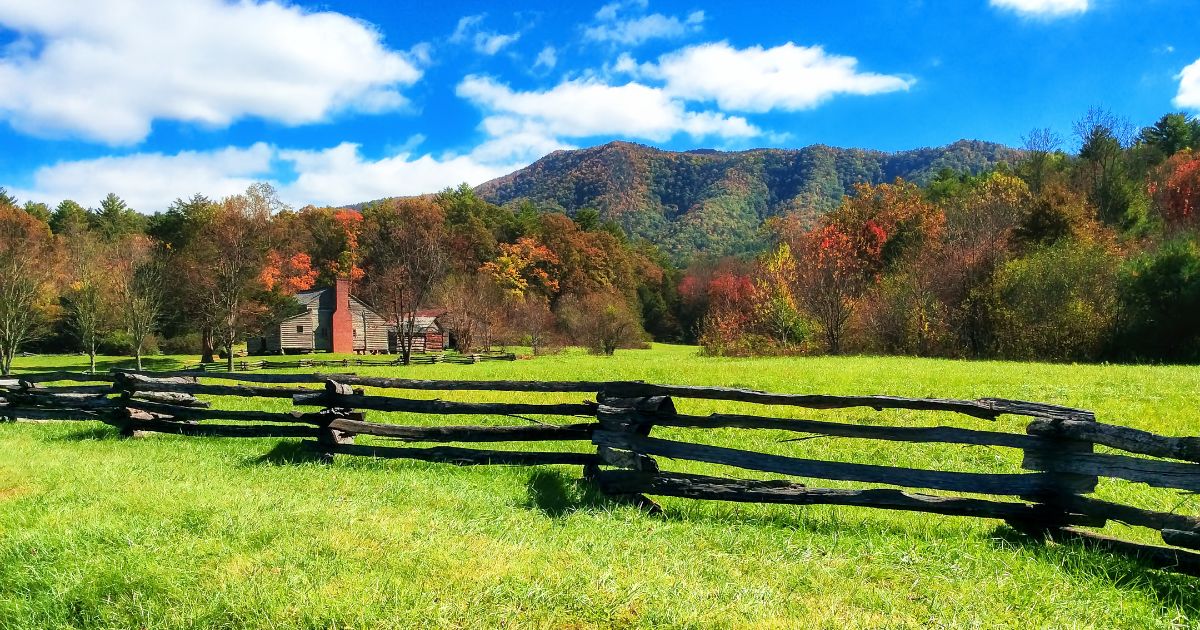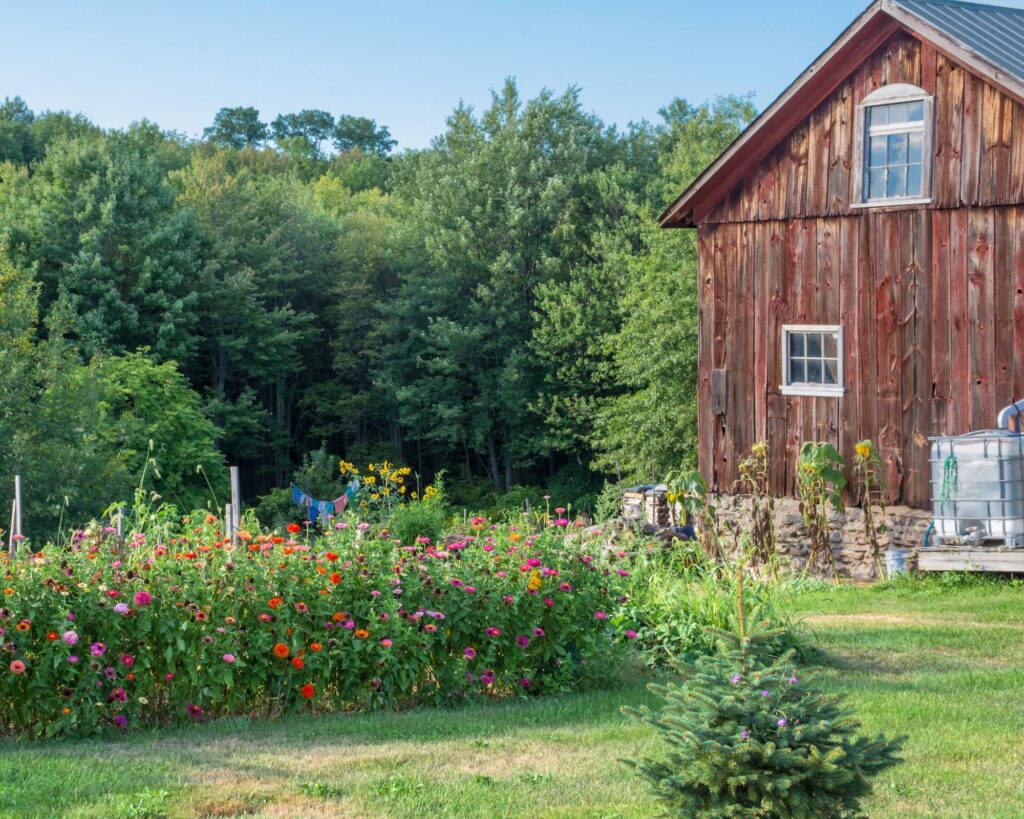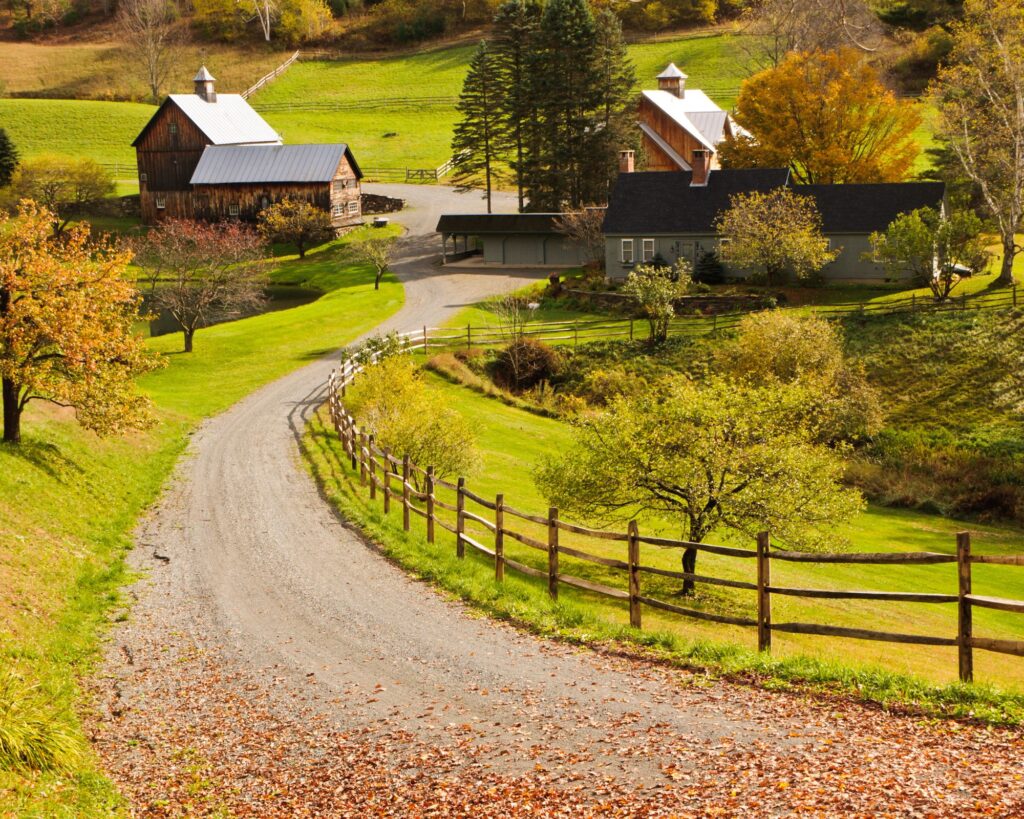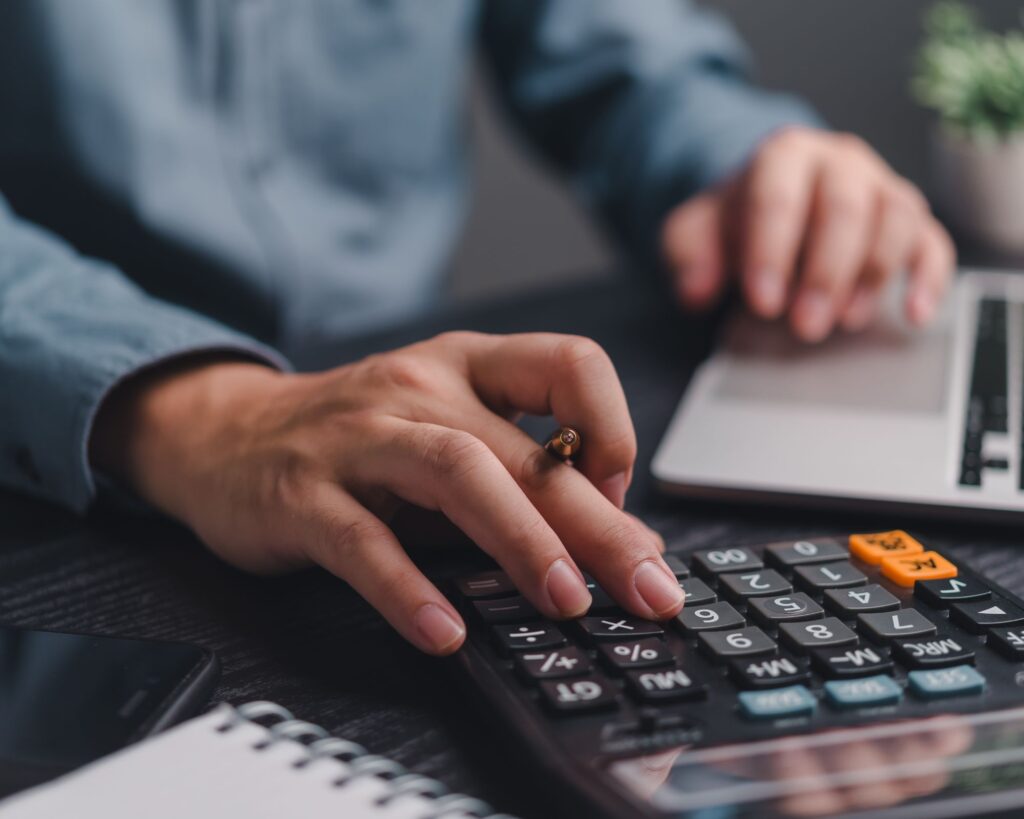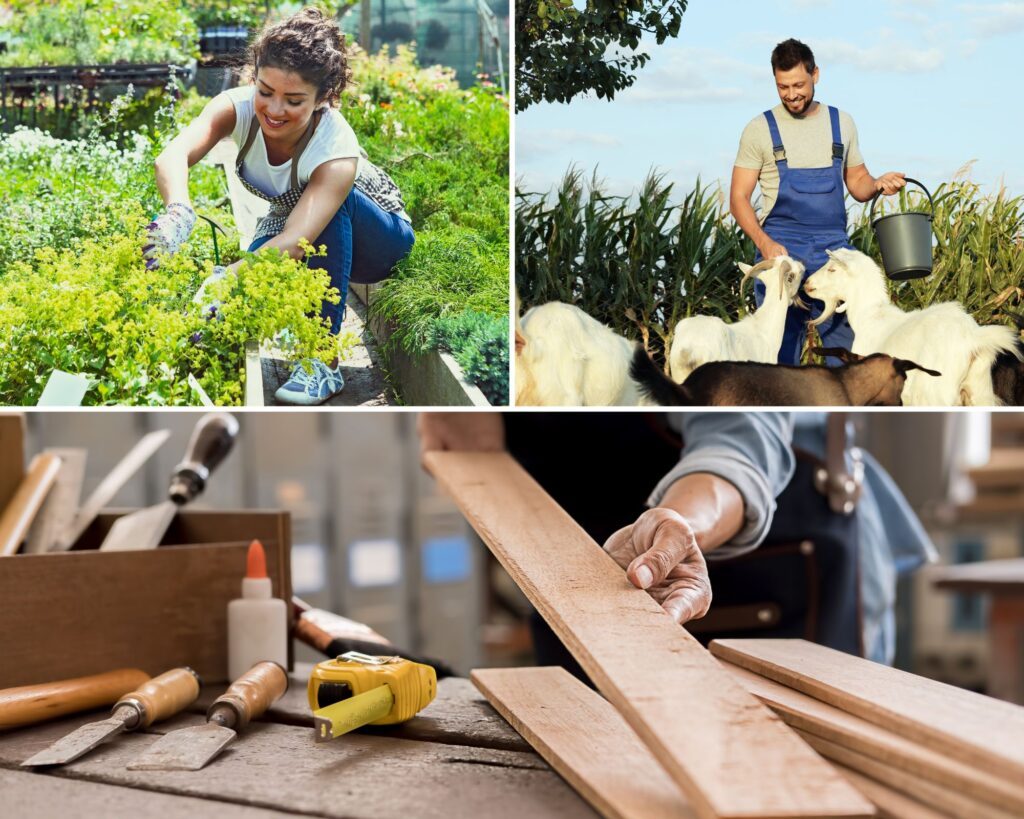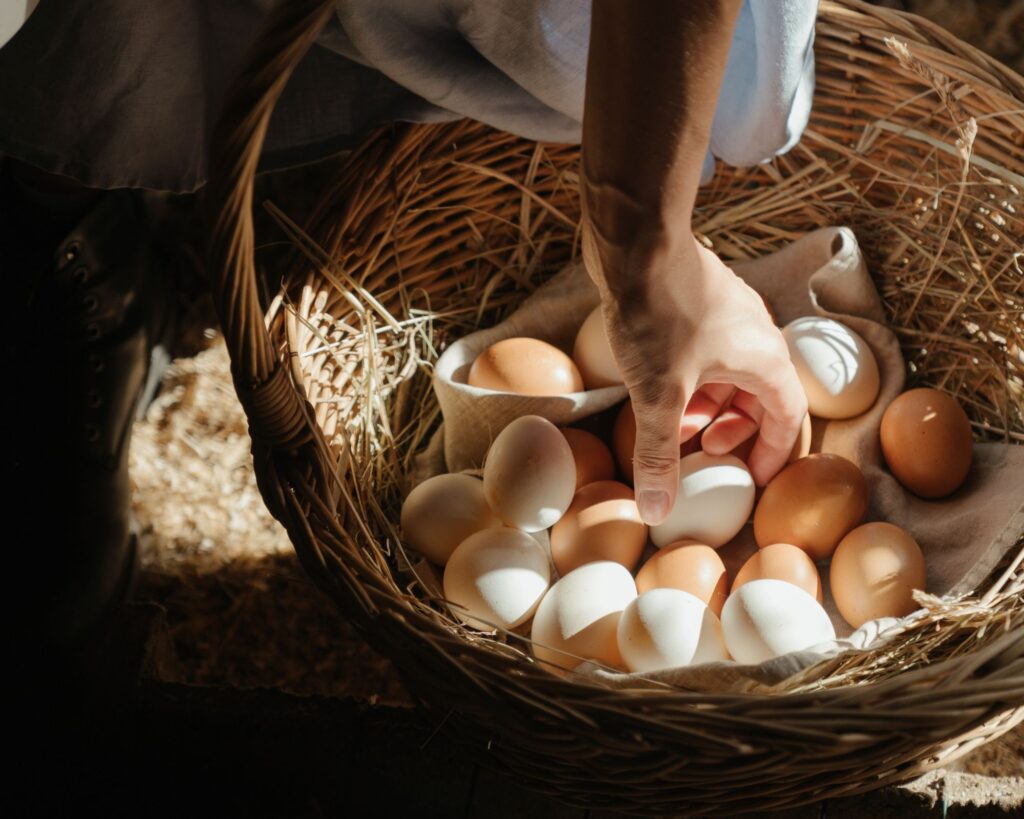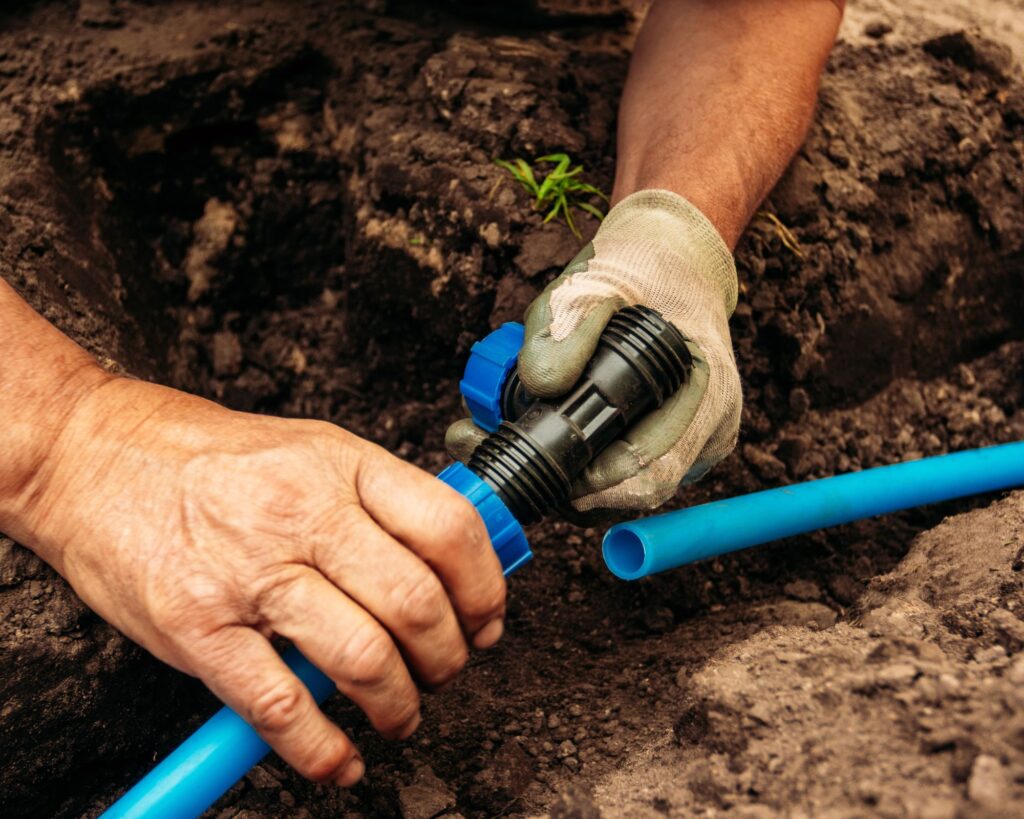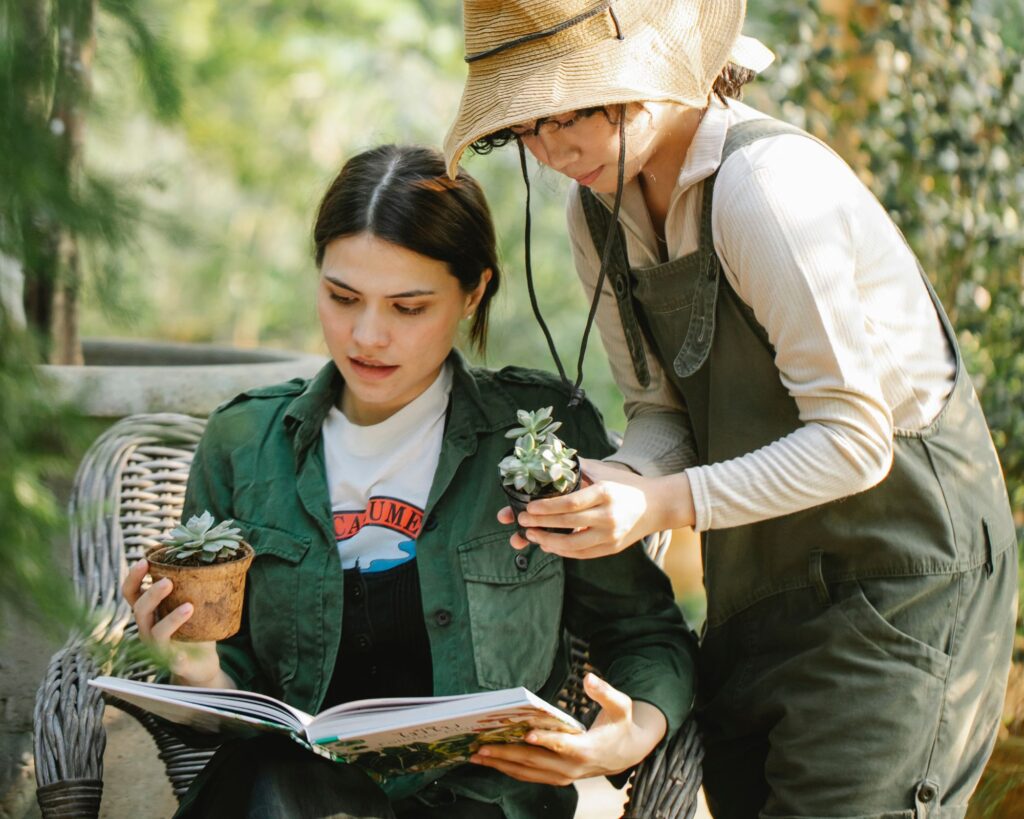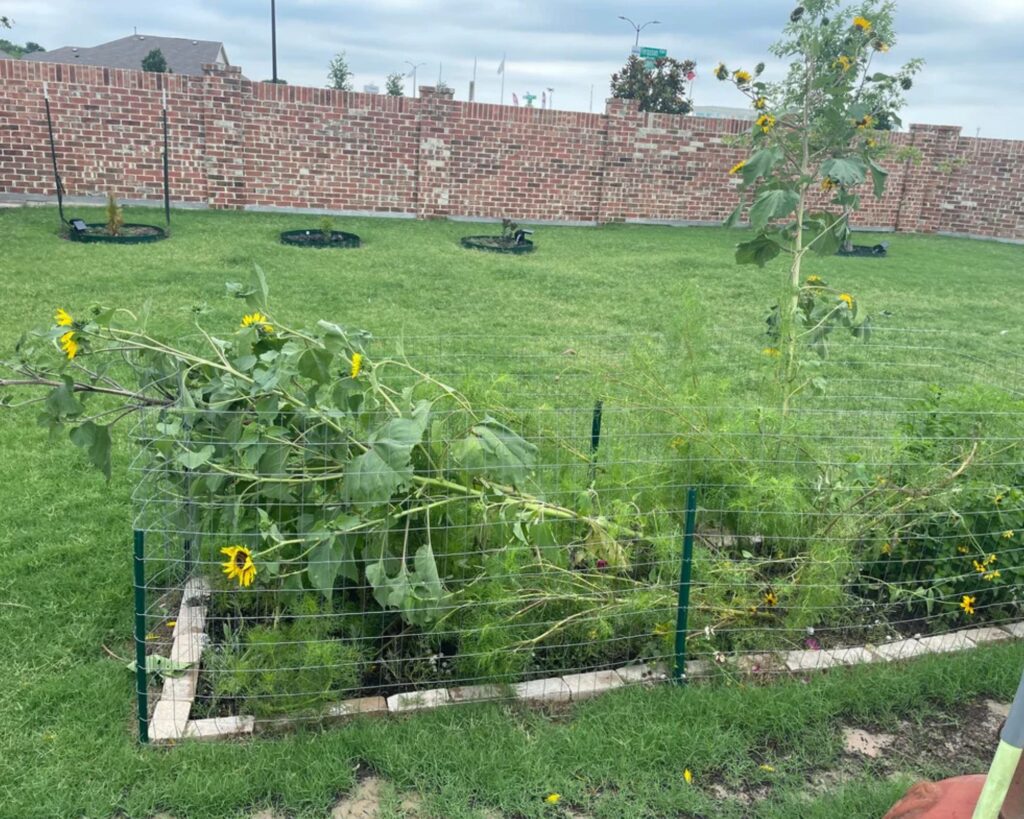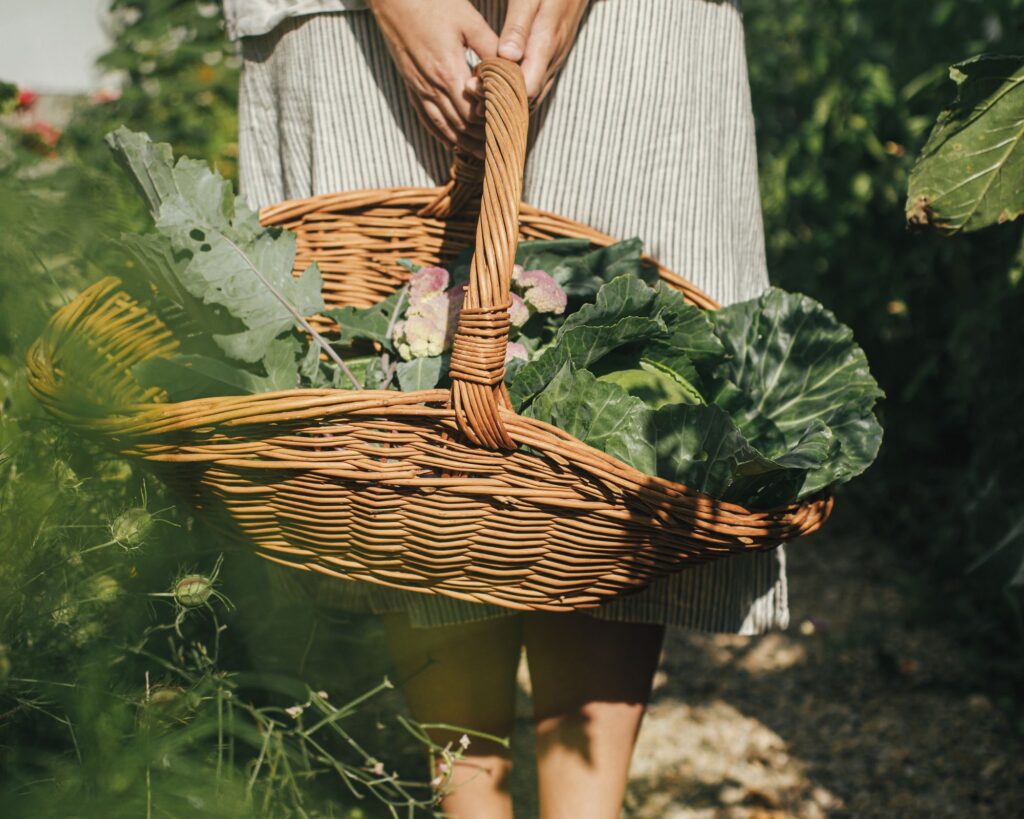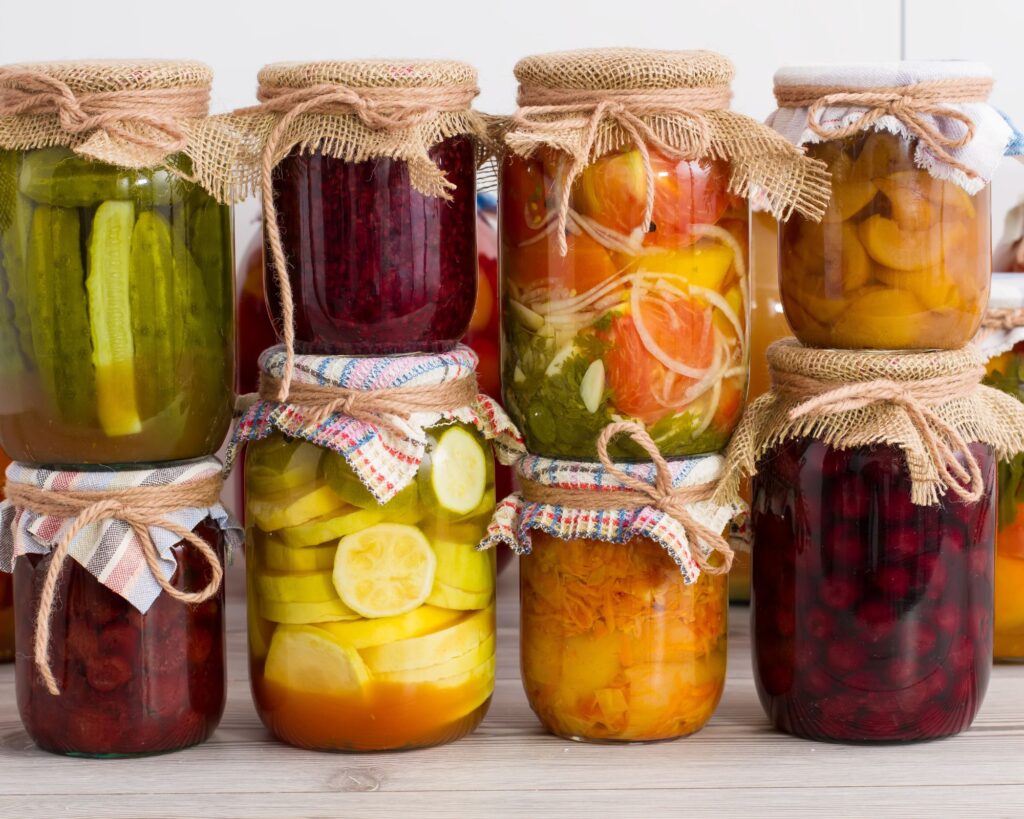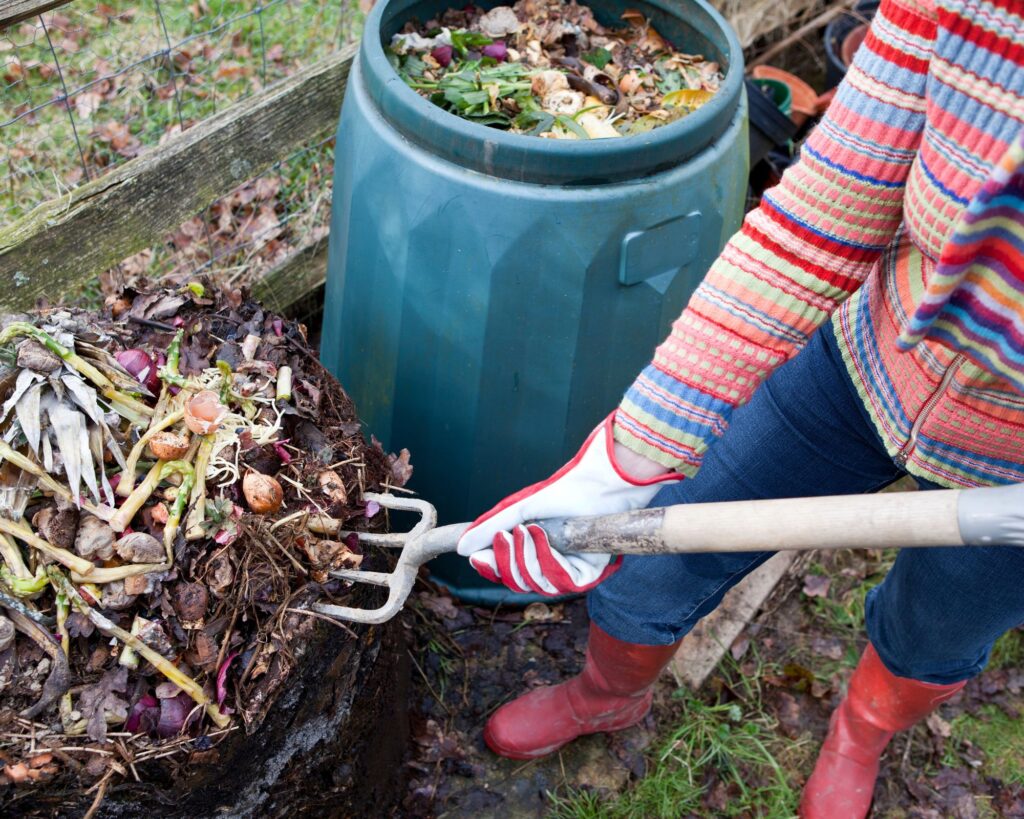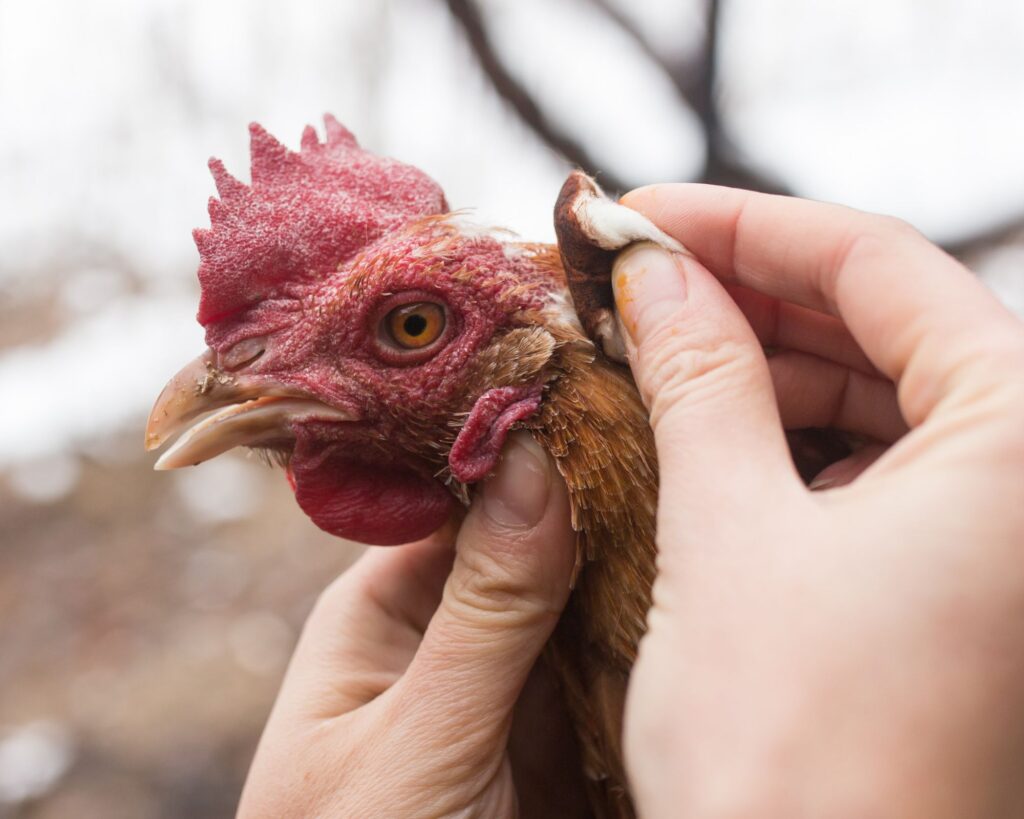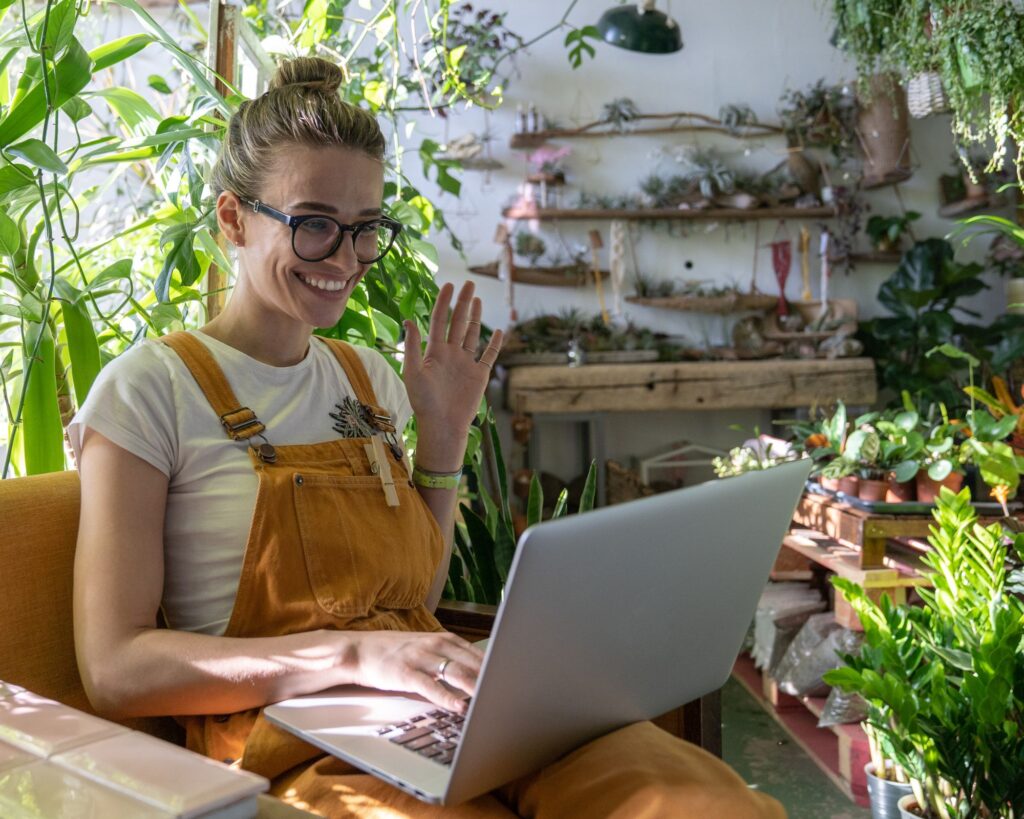Dreaming of escaping the rat race and building a self-sufficient homestead? It’s a powerful goal, but not without challenges.
Before diving into the simplicity of growing your own food and living off the land, it’s crucial to understand the reality. Here are 13 essential questions to help set you up for success and avoid common pitfalls.
Homesteading requires more than a desire for independence; it demands hard work, adaptability, and a willingness to learn.
Many new homesteaders leap in, only to be overwhelmed by the realities of land management, animal care, and balancing sustainability with personal needs.
Are you ready for the financial investment? Do you have the skills to cultivate, care for animals, and preserve food? Explore these questions to begin your homesteading journey the right way.
1. What Are Your Goals for Homesteading?
Understanding your primary motivations and goals is the first step in starting a homestead. Are you looking to live a more sustainable lifestyle, or are you simply hoping to save money by growing your own food?
Perhaps you’re after the peace and satisfaction that comes with working closely with the land. Some people are drawn to homesteading for ethical reasons, wanting to reduce their carbon footprint or avoid mass-produced food.
Others may be looking to raise a family in a more rural, self-sufficient environment.
Being clear about your reasons will shape the direction of your homestead. For example, if food security is your goal, your focus may be on cultivating crops and raising livestock.
If sustainability is your priority, you’ll want to incorporate practices like composting, renewable energy sources, and water conservation. Defining your goals will help guide your decision-making throughout the homesteading process.
2. How Much Land Do You Need?
Land is one of the most critical aspects of a homestead. But how much land is necessary? The answer depends on your goals, the climate in your area, and the type of activities you plan to engage in.
You don’t need hundreds of acres to start a successful homestead. Many homesteaders thrive on a few acres, or even less if they’re focused on intensive gardening, small-scale livestock raising, or permaculture techniques.
Consider what you’ll be doing on your homestead: Will you be growing vegetables, raising animals, or harvesting firewood? How much space will you need for your house, barns, and outbuildings?
What about space for rotating crops or grazing animals? It’s essential to have a clear understanding of what your activities require in terms of land before you make a purchase.
3. What Is Your Budget?
Homesteading, like any other lifestyle, comes with costs. Establishing a budget is crucial to avoid overextending yourself. Consider not only the cost of land, but also the expenses for infrastructure like fencing, buildings, irrigation, and tools.
Additionally, take into account the ongoing costs of running a homestead, including feed for animals, seeds for crops, water, utilities, and potential repairs.
You should also factor in the cost of unexpected expenses. A failed crop, an ill animal, or a broken piece of equipment can set you back. It’s essential to have a financial cushion to absorb these types of challenges.
Many homesteaders find it helpful to maintain a separate source of income, at least in the early years, while they establish their homestead.
4. What Skills Will You Need to Learn?
Homesteading requires a wide range of skills, from gardening and animal husbandry to carpentry and basic mechanics. Before starting a homestead, it’s important to assess your current skill set and determine what you need to learn.
Some people may already have experience with gardening, but they might need to learn how to preserve food or butcher animals. Others may be skilled at building and repairing structures but lack knowledge about plant care or soil health.
Thankfully, there are numerous resources available for learning homesteading skills, including books, online courses, local extension offices, and mentorship from experienced homesteaders.
However, be prepared to learn through trial and error as well. Mistakes will happen, and that’s part of the learning process.
5. What Will You Grow or Raise?
The next important question is what you’ll grow or raise on your homestead. This depends on a variety of factors, including your climate, available land, and personal preferences.
Will you focus on growing vegetables, fruits, or herbs? Do you plan to raise chickens, goats, pigs, or cows?
Start by researching what grows well in your region. Some plants and animals are more suited to specific climates. For example, citrus trees thrive in warmer climates, while root vegetables do better in cooler areas.
Also, think about what your family enjoys eating and whether you want to prioritize food that will save you money or increase your food security.
It’s often a good idea to start small. Try growing a few crops or raising a couple of animals first to avoid becoming overwhelmed. As you gain more experience, you can expand your homestead over time.
6. How Will You Manage Water and Energy Needs?
Water and energy are two critical resources that can make or break a homestead. Water is essential not only for drinking but also for growing crops and keeping animals hydrated.
Before purchasing land, it’s vital to assess the availability and quality of water sources. Will you have access to a well, or will you need to set up rainwater collection systems? How will you irrigate your crops, especially in dry seasons?
Energy needs are also a major consideration. Many homesteaders aspire to reduce their reliance on traditional energy sources and incorporate renewable energy solutions such as solar, wind, or hydropower.
However, setting up these systems can be costly and may require specialized knowledge. It’s essential to assess whether alternative energy solutions are feasible for your homestead and how they fit into your long-term goals.
7. What Are the Legal and Zoning Requirements?
Legal considerations are often overlooked in the excitement of starting a homestead, but they are essential to address early on. Different areas have different zoning laws, and these regulations may affect what you can and cannot do on your property.
For example, some rural areas have strict rules about livestock numbers, building permits, or even gardening practices.
It’s also important to look into water rights and land use restrictions. You may need permits for certain types of activities, like building a barn or installing a septic system.
Additionally, you should research any agricultural tax benefits or land conservation programs that may be available to you.
It’s a good idea to speak with local authorities or a lawyer who specializes in land use to ensure you’re fully aware of any legal implications before purchasing your homestead property.
8. How Will You Deal With Setbacks and Challenges?
Finally, ask yourself how you’ll handle setbacks. Homesteading can be incredibly rewarding, but it can also be tough.
Crops fail, animals get sick, and weather doesn’t always cooperate. You’ll need resilience, patience, and problem-solving skills to overcome the inevitable challenges.
It’s helpful to have a support network of other homesteaders or a local farming community where you can share knowledge and resources. Don’t be afraid to ask for help or learn from others’ mistakes.
Flexibility is key – sometimes, you’ll need to change plans or adapt based on what works and what doesn’t.
Another way to handle setbacks is by setting realistic expectations. Homesteading is a journey, not a destination. Success doesn’t happen overnight, and mistakes are part of the learning process.
9. What is Your Timeline for Becoming Self-Sufficient?
Becoming fully self-sufficient doesn’t happen overnight. It’s important to create a realistic timeline for when you expect to achieve different goals on your homestead.
Will you focus on growing food first and then add livestock later? Do you plan to build your house before establishing gardens?
Having a timeline helps manage expectations and prevents you from feeling overwhelmed.
10. How Will You Preserve Food?
Homesteading often results in an abundance of food, especially during harvest season.
It’s important to have a plan for food preservation to ensure you can store surplus for the winter months or during times when your crops aren’t producing.
Research various methods, such as canning, freezing, drying, or fermenting, depending on your preferences and climate.
11. How Will You Handle Waste?
Managing waste on a homestead can be more complicated than in a suburban or urban environment.
You’ll need to think about composting organic waste, managing animal manure, and possibly handling greywater or sewage if you’re off-grid.
An efficient waste management system is essential to maintaining a healthy and sustainable homestead.
12. What Will You Do For Healthcare (For You and Your Animals)?
Access to healthcare can be more limited in rural areas, so you’ll need to consider your medical needs and any potential emergencies.
For your animals, you’ll need basic veterinary knowledge and access to supplies for treating injuries or illnesses.
Establishing relationships with a vet and nearby healthcare providers can be crucial for homesteaders.
13. How Will You Stay Connected with Others?
Homesteading can be isolating, especially if you live in a remote area. Consider how you will stay connected with friends, family, or fellow homesteaders.
Whether it’s through local community groups, online forums, or regular trips to town, maintaining social connections is important for emotional well-being.
